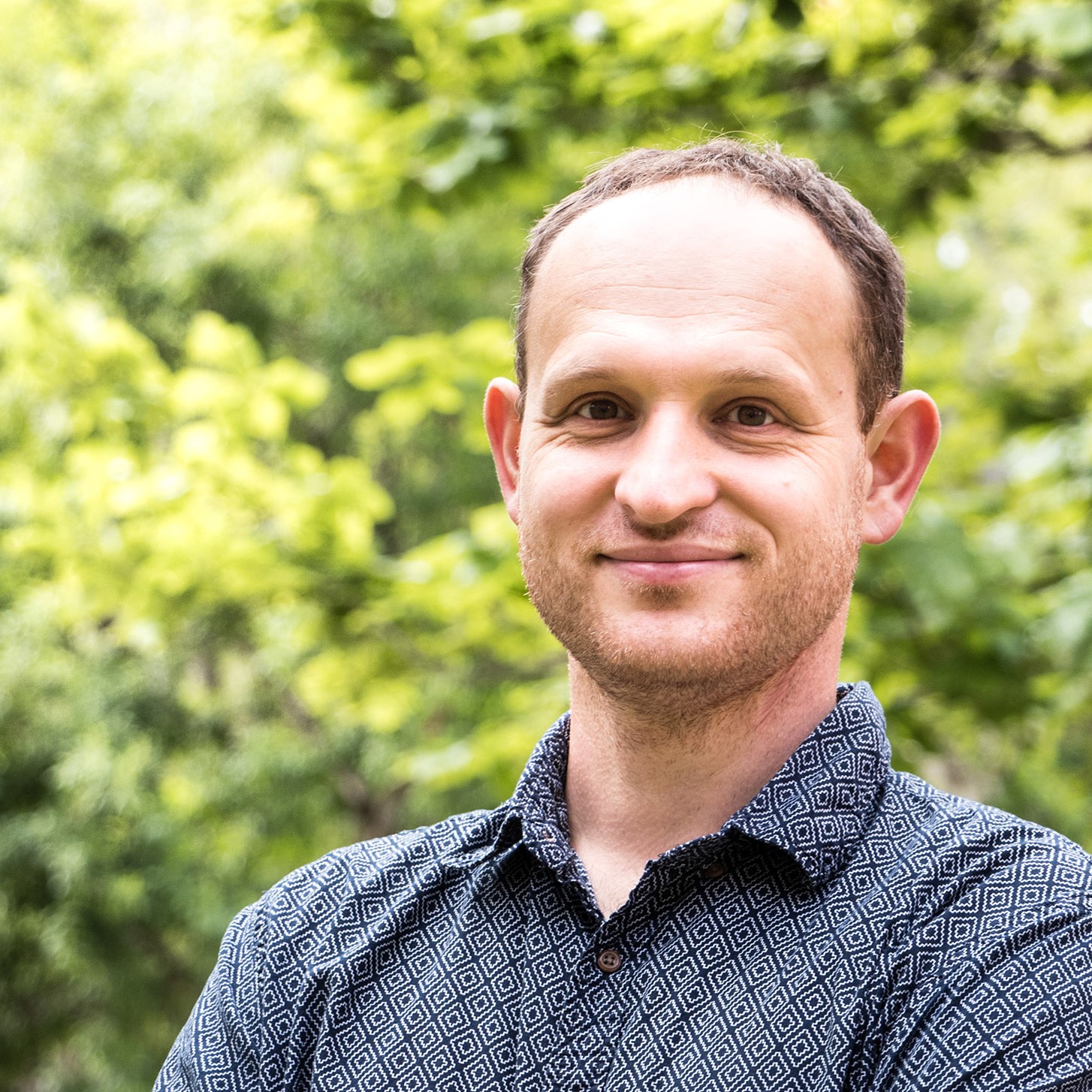Jiri Hulcr
Associate Professor - Gainesville, FLGainesville, FL

I have seen enough of the crippling effects of climate change that any flight now comes with a guilt of consciousness. There are only two reasons I occasionally fly. One is that my family is spread out around the globe. But at least when we do fly to see some of them, it is not just seeing: we make a point of long, meaningful visits which include work and local living.
The second is to arrange either essential field work or essential funding for my lab. It has to be a targeted trip on which I am either irreplaceable or that is essential for financial future of my team. I no longer fly to conferences or even regular meetings of the societies of which I am a member. I find the common opinion that “networking is essential” to be just an opinion, not supported by any data.
Frankly, most of what happens at conferences is hanging out with friends and participating in academic entertainment such as presentations. The former reason is a not essential, and the latter can be replaced by reading literature and talking to people locally or over the phone/internet.
My research focuses on forest health. I started my career working on bark beetles – insects that can take advantage of stressed trees and become tree-killers – only to witness the largest outbreaks of these pests in recorded history over the entire north hemisphere.
If you are a forest entomologist, there is no way to avoid the reality of climate change. The lungs of the planet are having tough times when we need them the most. Trees, especially long lived, large trees in contiguous forests are still our best (our only?) realistic hope to mitigate or reverse the buildup of carbon dioxide in the atmosphere. That is why I turned my forest entomology perspective towards climate change.